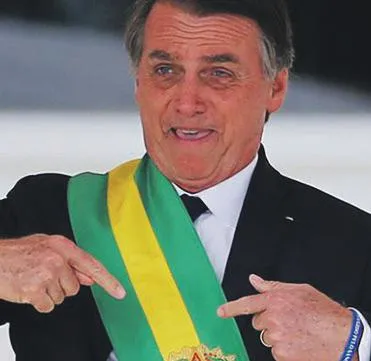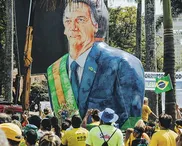Since the 1970s, a religious shift has taken place in Latin America. As a proportion of the population, Catholics have declined greatly and evangelicals have increased rapidly. These developments are causally linked.
In the course of this demographic transformation, the Catholic Church lost its privileged position in society and its privileged access to politics. It was replaced by a large number of diverse and autonomous evangelical churches, especially Pentecostal and Neo-Pentecostal ones.
In absolute numbers, Brazil is the country with the second-largest Christian population in the world (after the USA). It is also the largest Catholic country and the place of the evangelical congregations with the largest number of members in the world. The 2010 Brazilian census identified more than 42 million people of evangelical faith, representing 22.2% of the total population. According to statistics, the part of the population that declares itself to be evangelical should, for the first time, exceed the total number of Catholics in the country from 2032, when the absolute number of followers of each of the two religions should be around 90 million. According to a nationally representative survey conducted in October 2017, about 32% of Brazilians already call themselves evangelicals.
 letter from Brazil
letter from Brazil







